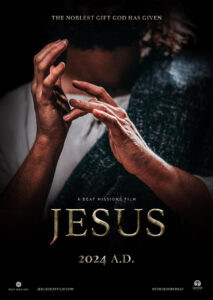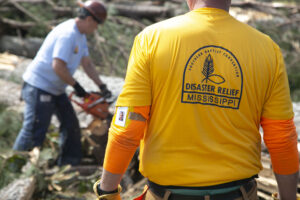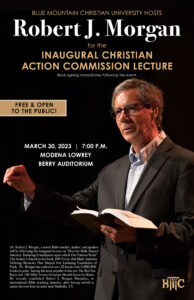Wrestled • Genesis 32:22-32
By Laura Lee Leathers

Today’s lesson is what we call a “frame narrative.” “The outer frames (32:1-21; 33:1-20) is the story of Jacob’s return to his estranged brother, Esau. The pace of this narrative is intentionally and meticulously slow” (Lifeway).
Within the frame is the story of Jacob wrestling with a man (32:22-32).
A short review: the Lord commanded Jacob to return to Canaan. He promises to be with him (Gen. 31:3). Jacob prepares and departs. However, Laban pursues Jacob. Their meeting leads to an agreement that Laban will stay on one side of the pillar and Jacob on the other.
Jacob’s next step was to send messengers to Esau explaining what had transpired over the past twenty years. When the messengers return, they inform Jacob that 440 men are with Esau heading towards Jacob.
In fear and distress, Jacob creates a plan to divide the people and herds into two groups. If one group is overtaken, the other can escape (32:1-8).
Jacob’s first recorded prayer (32:9-12) “is the most extensive prayer in the book of Genesis” (Lifeway). Notice how Jacob prays God’s words back to Him. After his prayer, he lodges at a location he calls “This is God’s camp.” And he called the name of that place Mahanaim” (32:2).
In verses 32:13-21, Jacob creates a careful appeasement strategy that he hopes will work with Esau. He sends the two servants ahead of him to meet with Esau. Then he lodges in the camp by himself.
Alone (Genesis 32:22-24) — Jacob must have been having a horrible night of sleep, for our focal passage opens by telling us that “during the night” Jacob took his two wives, two concubines, his eleven sons, and daughter and sent them over the ford of Jabbok.
He is all alone; the meaning here is separation and isolation. Next, we learn a Man wrestled with him until it was daybreak. The word, Man, is capitalized. Hosea 12:4 tells us Jacob wrestled with the “Angel of the LORD.” It is a pre-incarnate appearance of Jesus Christ.
They wrestled! “The Hebrew word translated wrestled (abaq), the name of the river (yabboq), and the name of Jacob (yaaqob) all sound similar to one another. It would be like saying that a man Jacobed Jacob at the Jacob River until daybreak” (Lifeway).
Also, remember that this story comes from Jacob’s perspective. He doesn’t know who he is wrestling with in the dark. It was a man, and he had to wrestle with him before entering the promised land. Daylight would bring revelation.
New Name (Genesis 32:25-29) — Jacob, in his nineties, held his own as the men wrestled. The man struck Jacob’s hip socket and dislocated his hip. It was a harsh blow!
The Man asks Jacob to let him go because it is daybreak. But Jacob refuses to do so until the Man blesses him “because he knew he was in the presence of one superior to himself (Lifeway).”
The Man asks for his name, and the response is “Jacob.” Why? Because there is a reason beyond asking for information or clarification. Something is about to change.
From this point forward, Jacob’s name would be Israel. God changed the name of Abram to Abraham, indicating a character or status change, sometimes both.
The meaning of Jacob’s name would go from “one who supplants” to “he strives against God.”
Jacob had deceived or struggled with his brother, father, and father-in-law. In the final struggle, he had wrestled with God. From this point forward, Israel would be his name, the first mention in the Bible.
Then Jacob asks the Man his name, which would be like calling the King of England by his first name. A new name meant a new identity and how people would identify you. The man bestowed a blessing upon Israel.
New Walk (Genesis 32:30-32) — Jacob realizes he has once again had an encounter with God. He has seen “God face to face, and yet my life has been spared.” Then he names the place Penuel, which means “face of God.”
Jacob has seen God and lived. As the sun rises, his life has been dramatically changed. He now walks with a limp. “No longer a deceiver, Jacob was a new person, beginning a new spiritual walk as “Israel” (one who prevails with God)” (Lifeway).
Regarding the last verse, “This might refer to the sciatic muscle/tendon. The observation that up to Moses’ time (“to this day”) the nation of Israel did not eat this part of a hindquarter intrigues because it bears no mention elsewhere in the Old Testament, not is it enshrined in the Mosaic law. It is found in the Jewish Talmud as a sacred law” (The MacArthur Study Bible).
Now to meet Esau!
Leathers is a member of First Church, Lexington.








Comments are closed.